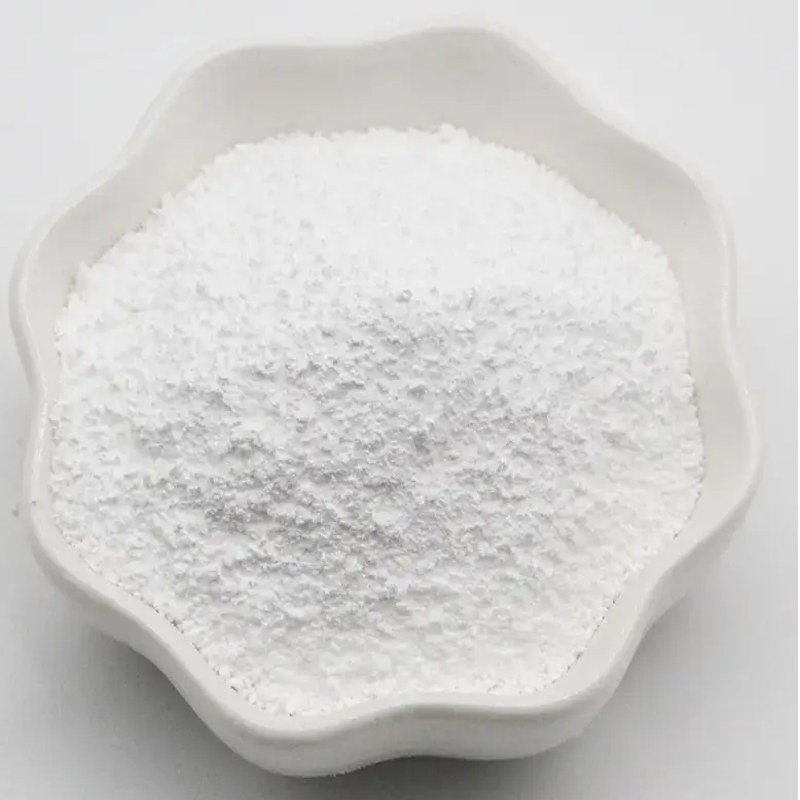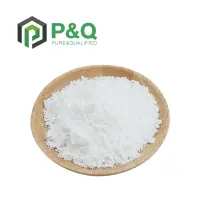-
Categories
-
Pharmaceutical Intermediates
-
Active Pharmaceutical Ingredients
-
Food Additives
- Industrial Coatings
- Agrochemicals
- Dyes and Pigments
- Surfactant
- Flavors and Fragrances
- Chemical Reagents
- Catalyst and Auxiliary
- Natural Products
- Inorganic Chemistry
-
Organic Chemistry
-
Biochemical Engineering
- Analytical Chemistry
- Cosmetic Ingredient
-
Pharmaceutical Intermediates
Promotion
ECHEMI Mall
Wholesale
Weekly Price
Exhibition
News
-
Trade Service
Currently, researchers know little about the nature and durability of the body fluid immune response after SARS-CoV-2 infection.
Serum transformation in most COVID-19 patients occurs 7 to 14 days after diagnosis, a Spanish study of 61,000 people showed that 5 percent of the population had developed antibodies against echithrin and nucleoprotein, and one-third of those infected had no symptoms.
that a significant proportion of infected people are negative in recovering early antibodies.
several studies have reported higher levels of SARS-CoV-2 antibodies in severe patients than in patients with asymptomatic or mild symptoms.
for patients with asymptomatic infections or mild symptoms, an effective serological test is urgently needed.
a highly specific test for people with low serum screening affinity, such as those in Iceland.
the purpose of this study was to assess serum affinity for SARSCoV-2 in the Icelandic population and to assess longitudinal changes in antibody levels within four months of SARS-CoV-2 infection, as well as the correlation between such changes and gender, age, existing esomosis and Covid-19 symptoms.
We screened SARSCov-2-positive serum antibodies using six different tests in two groups of qPCR-positive populations and six groups of people who did not have qPCR testing or who had had qPCR testing and negative results.
a brief overview of the eight sample groups used in this study.
Immune Response to SARS-CoV-2 in Iceland. DOI: 10.1056/NEJMoa2026116 Results showed that of the 1,797 patients recovering from SARS-CoV-2 infection, 1,107 (91.1%) of the patients tested were serum-positive;
antiviral antibodies against SARS-CoV-2 did not decline within 4 months of diagnosis.
among those quarantined, 2.3 percent were seroposed and 0.3 percent were positive among those who were not known to have been exposed.
estimate that 0.9 percent of Icelanders are infected with SARS-CoV-2 and only 0.3 percent die from infection.
researchers also estimate that 56 percent of Icelandic SARS-CoV-2 infections are diagnosed with qPCR, and 14 percent occur in isolated people who do not have a qPCR test (or test negative).
in qPCR-positive cases, antibody prevalence and titration were associated with the time after qPCR diagnosis.
Immune Response to SARS-CoV-2 in Iceland. DOI: 10.1056/NEJMoa2026116qPCR Diagnostics Patient Repeat Pan-Ig Antibody Test Results (obtained at least 30 days apart between the two samples).
for each sample, a person may be positive on both tests, on a single test, or on both tests.
shows the number of people and the percentage of the total for each result (N=487).
) In the recovered population, antibody levels were higher in the elderly and those with more severe SARS-CoV-2 infections.
two spike protein antibody tests, women had lower levels of antibodies than men and were less likely to develop the disease.
low levels of SARS-CoV-2 antibodies in smokers.
smoking increases the likelihood of severe Covid-19 disease in young adults, and there are reports that smoking increases the expression of ACE2, the infection of SARS-CoV-2 virus into cells.
in terms of clinical characteristics, antibody levels were most closely related to hospitalization and clinical severity, followed by clinical symptoms such as fever, maximum body temperature readings, cough and loss of appetite.
energy loss, the severity of these individual symptoms is associated with higher antibody levels.
"We are pleased to be able to address the concern that antiviral antibody titration may decline after a few weeks of infection," said Kari Stefansson, chief executive of Gene Decoding and senior author of the study.
focus now on studying cell-mediated immunity in people who don't raise antibody levels.
" References: Daniel F. Gudbjartsson, Gudmundur L. Norddahl. et al. Humoral Immune Response to SARS-CoV-2 in Iceland.NEJM. September 1, 2020. DOI: 10.1056/NEJMoa2026116 Source: MedSci Originals !-- Content Presentation Ends -- !-- To Determine If Login Ends.







